Forspoken is an open-world role-playing game (RPG) from Luminous Productions and Square Enix. I’ve been looking forward to this for quite a while now, as open-world adventures tend to be one of my favorite genres. And, to its credit, Forspoken does take you to the massive and breathtaking locale of Athia, though there are still some issues.
Before we continue with our Forspoken PC review, you might be wondering why this article is only being published now. We only got access to the game at release, which also meant that was when I could start playing. In some ways, this was a blessing in disguise if we consider the online discourse surrounding Forspoken and its campaign/narrative. Rather than rushing through the story, I took my sweet time, exploring all regions, tackling endgame/post-campaign challenges, and experiencing most of what the game has to offer.
We’re not in New York anymore, Homer
Forspoken puts you in the shoes of Frey, a young woman from New York who’s lived a troubled life. All she wants is a better future for her and Homer (a cute Himalayan cat). Of course, things go awry. After her apartment building is set on fire, she has no choice but to leave Homer in the care of a guardian.
Further troubles occur the moment she touches a bangle, which turns out to be a sentient object named Cuff. From there, she’s whisked away to Athia, gaining new powers and learning more about the history of the land and its peoples.
There’s been a lot of discourse related to Forspoken‘s story and dialogue. For the most part, I didn’t mind the banter between Frey and Cuff, or Frey’s interactions with other characters. It makes sense considering Frey’s abandonment issues, troubled past, and headstrong attitude. Likewise, there are some main missions and detours that show a different side of her, all while she continues to grow as the campaign advances. Moreover, if the snark and arguments get too annoying, you could always lower it via a setting in the options menu.
The problem, however, is with the narrative’s pacing. Open-world games are all about free-roam exploration: reaching new areas; discovering secrets; and marveling at the sights. Forspoken, sadly, relies on a stricter progression, one where you’d pause upon reaching certain locations so Frey and Cuff could chat, as well as returning to the capital city of Cipal to “report” your findings. That leads to some fluff that feels unnecessary and off-putting. Examples include an odd stealth section and a dancing minigame. Similarly, the game would open the archives menu whenever you picked up a new lore fragment, which can get in the way if you just want to roam around or fight hostiles.
Forspoken PC performance
The borderline ridiculous system requirements also became a concern prior to playing Forspoken. I have an Nvidia RTX 3070 and i9-10900K, more than enough to run some of the most demanding games. In Forspoken‘s case, my rig could, theoretically, run the game at 1440p resolution at 30 fps. That’s just terrible. Still, I decided to check PC performance, benchmarks, and other findings in a tech review.
To be clear, the game still ran at acceptable framerates, though I did have to lower the settings from 4K to 1440p. I didn’t experience a crash or egregious stuttering. The biggest hassle I know of is the longer-than-usual load time (i.e., around 20-30 seconds when loading a save or fast traveling, as well as 10-15 seconds when opening the world map). I take it this is because I installed the game on a Sandisk Extreme external SSD, whereas it’s recommended to install it on an internal NvMe SSD. Mine ran out of space, so that’s on me.
Another downside is Forspoken‘s texture streaming. According to a post from the developers, Forspoken utilizes free VRAM to load textures. As such, if you’ve got an Nvidia RTX 3070 (8GB) and you’re playing on 4K, you’d likely be near the limit. That led to objects with blurry and faded textures (i.e., ground/rocks, walls, paintings, decorations, curtains, book spines, and more). Other textures (i.e., character models, enemies, and distant landscapes) were either hardly affected, or the issues aren’t that noticeable. Then again, further optimization tweaks are needed, and the game need not be this demanding on various hardware setups.
Basically, Forspoken looks amazing on PC if you got a rig that can handle it, and if you’re looking at things in the distance. Athia truly is a breathtaking world with its ruined forts, towering crags, war-torn battlements, calm lakes, lush fields, and floating islands. There are even dark clouds in the distance, denoting a Breakstorm, where Nightmares and Giant Nightmares appear.
Later, once you’ve acquired spells that help with traversal, you’ll find yourself grappling onto ledges via Zip, gaining speed boosts with Shimmy and Rush, popping Float to slow down your fall, spawning a magical surfboard with Glide, and using Skip to grant temporary flight. Along the way, you might discover secret areas and hard-to-reach places. It’s also got a fairly decent Photo Mode (though not as choc-full of functions as what you’d see in Marvel’s Midnight Suns, Cyberpunk 2077, or A Plague Tale: Requiem).
The Sorceress Supreme
Where Forspoken truly shines brightest is with its combat mechanics. As you eliminate bosses in the main story, you’ll obtain new elemental skill trees (i.e., Earth, Fire, Water, and Lightning). You can swap freely between attack and support spells, as well as Surge Magic (i.e., ultimate/burst). Founts of Blessing unlock abilities, too, while Spellcraft Challenges can be done to upgrade their damage or utility effects.
Likewise, traversal methods allow you to parkour all over the place. Do you want to jump over an enemy mob before charging ice arrows? Sure, that’s possible. Can you dodge multiple attacks while firing little projectiles and blocking abilities with a whirlpool, then do a leaping smash that causes a massive eruption? You can try that, too. How about binding foes with roots or creating a duplicate that distracts hostiles, all while you pepper them with sparks that generate homing shots? Yes, that’s a given.
In addition to the above, you’ve got several epic boss fights. There are the Tantas, corrupted sorceresses who’ve begun to terrorize the citizens, as well as the aforementioned Giant Nightmares. These are creatures that you have to eliminate quickly or they’ll despawn. Moreover, the major regions have their own Abomination bosses, gargantuan entities that hit extremely hard, such as Apsaravis and Deinosuchus.
There are a myriad of magic powers that you can use in combat situations, so much so that it turns into a scenario where you’d strike opponents and get wowed by the effects. (I know I spent a lot of time using Photo Mode just because of all the instances when Frey’s abilities dazzled me). Simply put, Forspoken lets you live the fantasy of becoming a sorceress or battlemage, and you’ll look good at that.
Exploring the world of Athia in Forspoken
As cited earlier, being able to take my time to navigate the world of Forspoken, as opposed to rushing through the campaign to meet the review embargo deadline, might have been a blessing in disguise. Had I only focused on the main story, I’d be done in roughly 15 hours (with a bit of grinding on the side). I’d be left sorely disappointed, since the campaign was poorly paced and the narrative wasn’t particularly entertaining.
But, given that I ended up writing around 30 guides and played roughly 50 hours, I could say that I experienced most of what the game has to offer. This includes points-of-interest and collectibles such as Flashback Challenges, a bunch of Cloaks and Necklaces, a selection of Nail Patterns, Locked Labyrinths, various Photo Spots that you can show to NPCs, Abominations/Giant Nightmare endgame bosses, and a plethora of spells unlocked and upgraded. And, yes, you’d even discover Tanta’s Familiars, magical cats you can pet, causing them to appear in Refuge fast travel points. I think we can all agree that cats are awesome, right?
Still, I do have a few issues. First, it’s that much of the game’s encounters are static in that you’ll only find enemies in specific spots. Even Ubisoft, which follows a more formulaic concept, has patrolling enemies in Far Cry 6 and Assassin’s Creed Valhalla. Second, it’s that I also covered Elden Ring. As everyone knows, Elden Ring has a way of spoiling you because of its unique presentation, challenging battles, and numerous places you can discover (i.e., secrets within secrets within secrets).
Forspoken does lag behind in some respects. It’s not perfect and it can still use extra optimization for PC. Similarly, it relies on a mission/chapter-based structure, a concept doesn’t really lend to free-roaming early on, as you still need to unlock new regions and magic powers. In the end, though, it manages to enthrall and excite given the combat and parkour mechanics, especially once you’ve reached the post-campaign stage. The only problem is getting to that point, and all the hiccups and unnecessary fluff in between.
Related: 6 best skills to unlock first in Forspoken on Upcomer

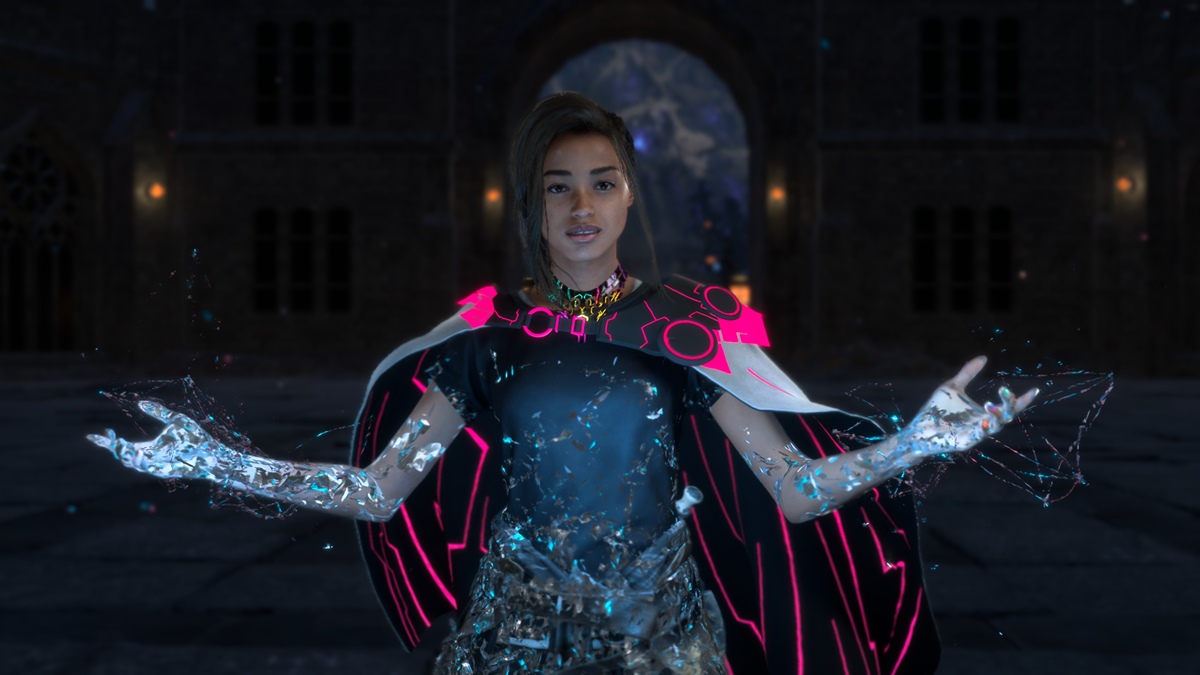
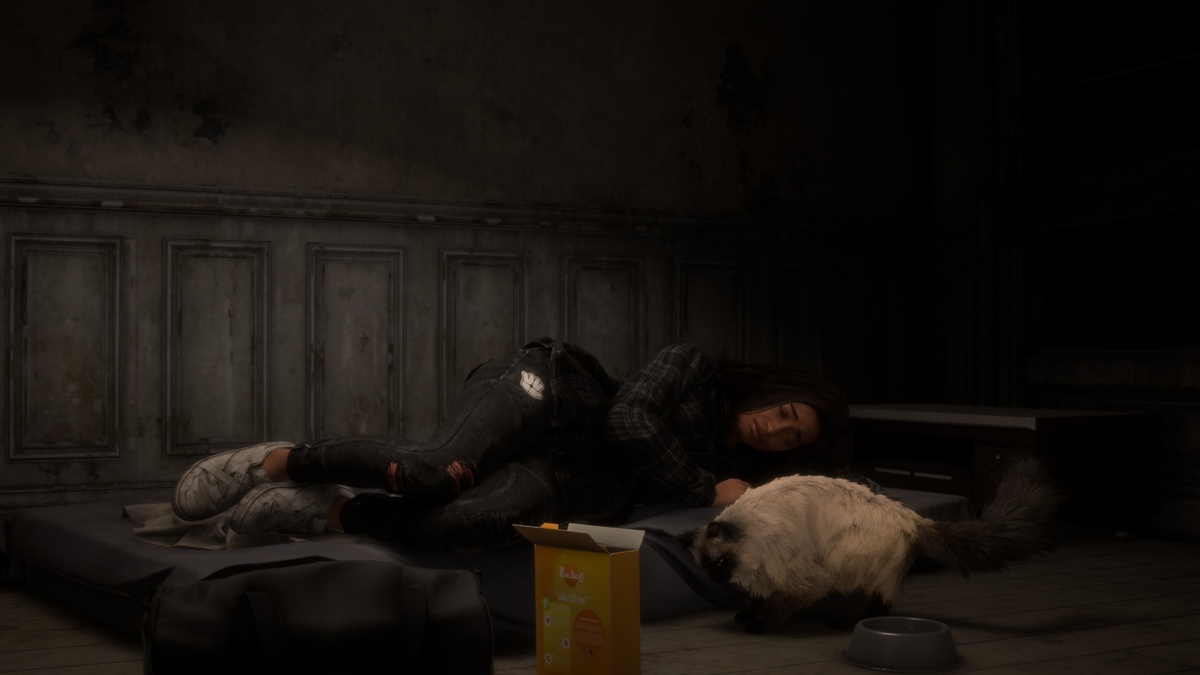
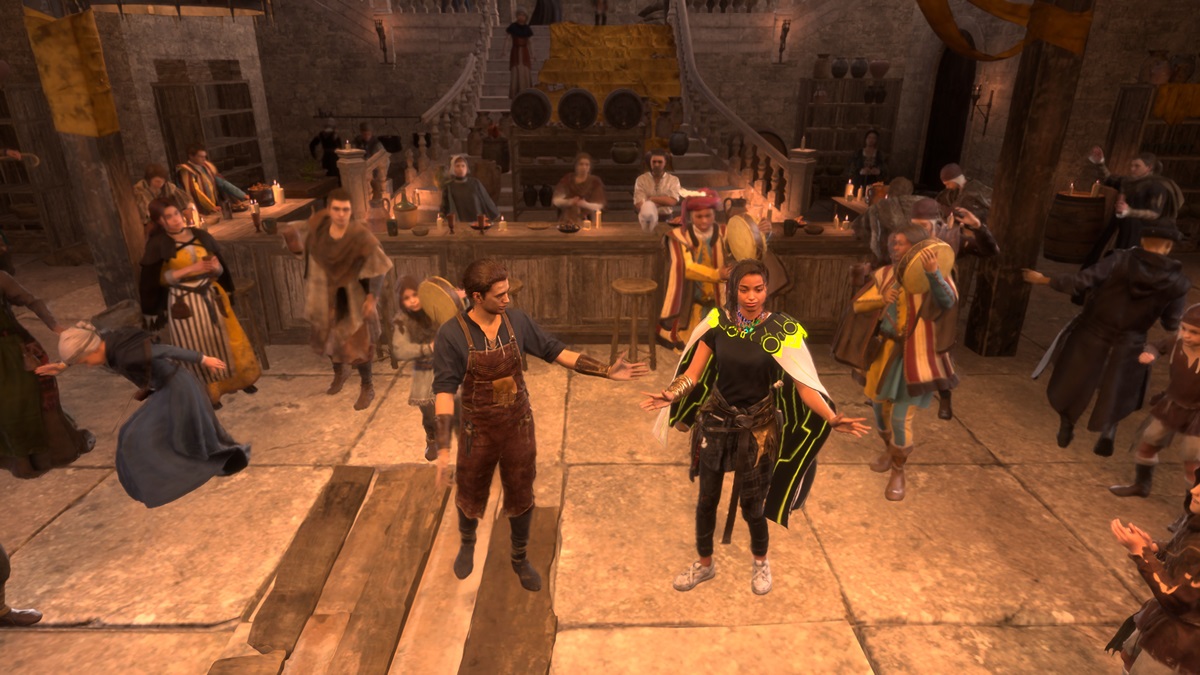
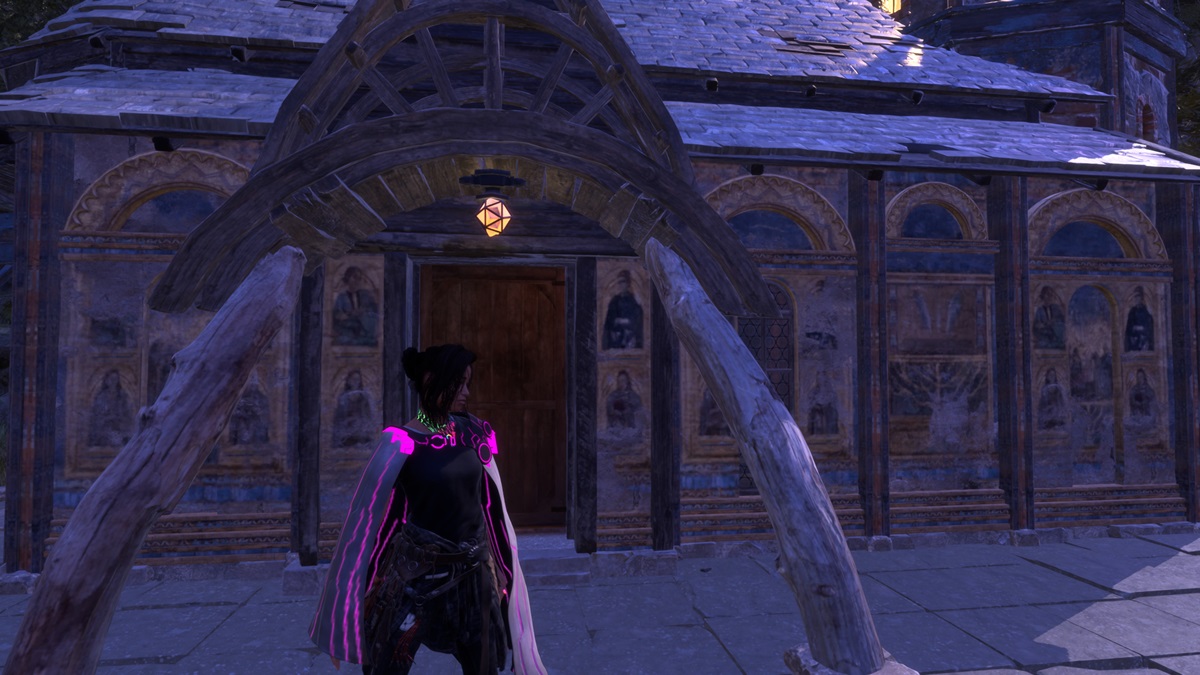
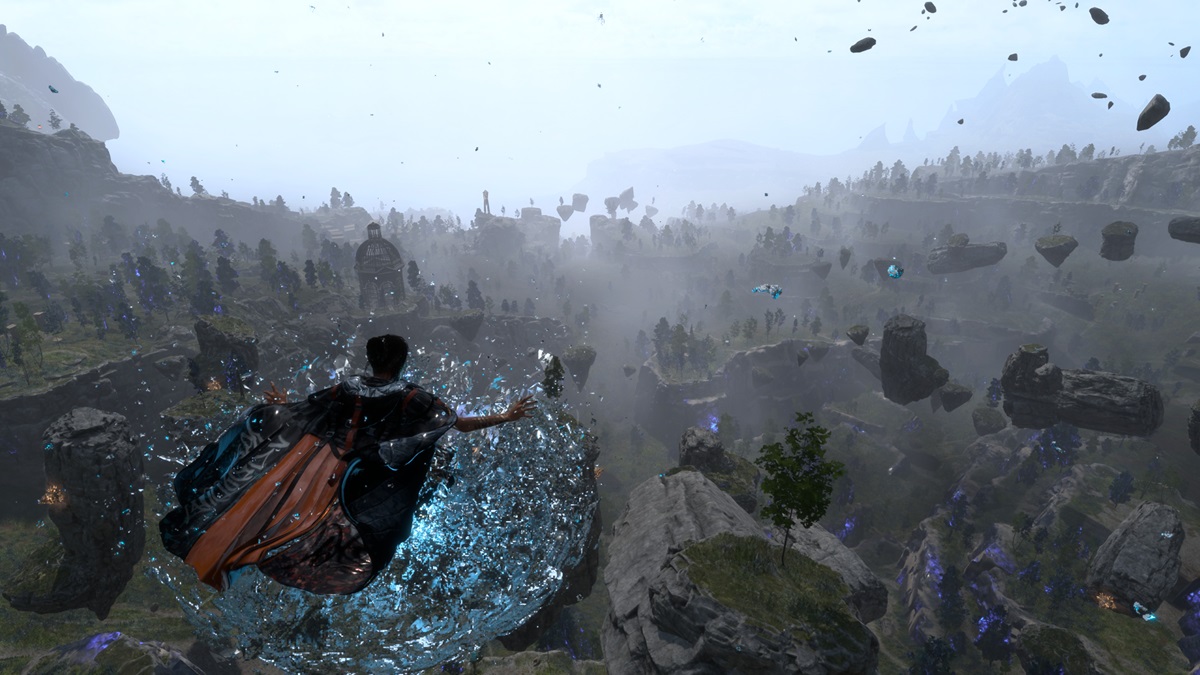
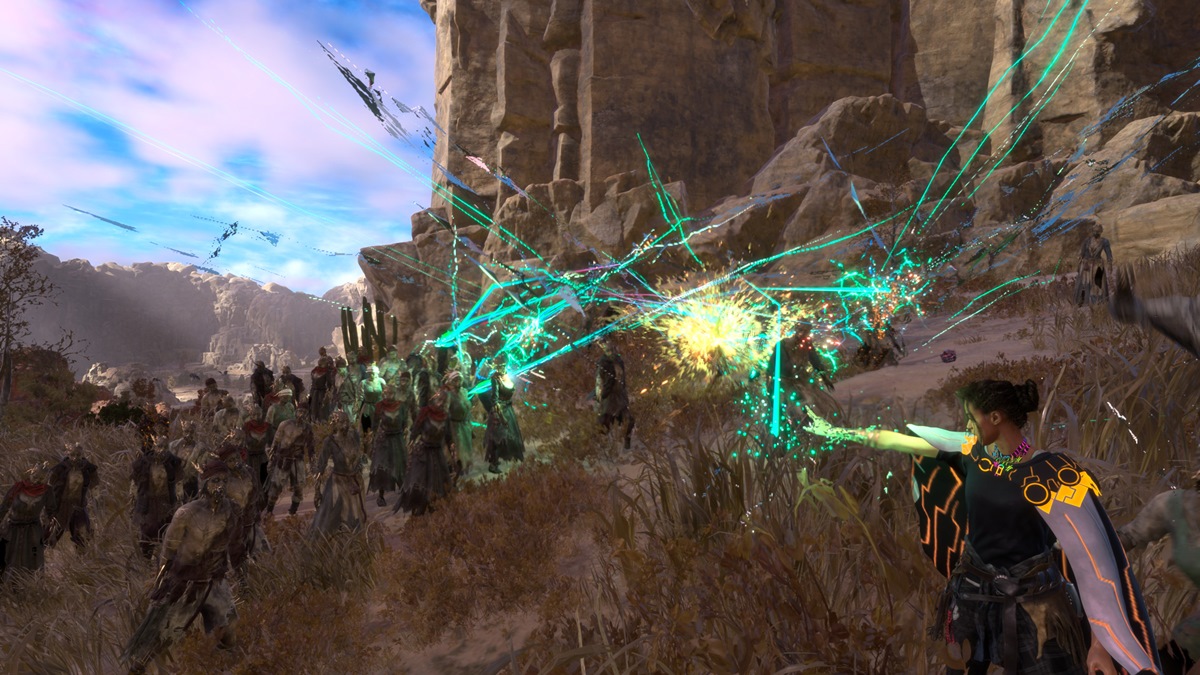
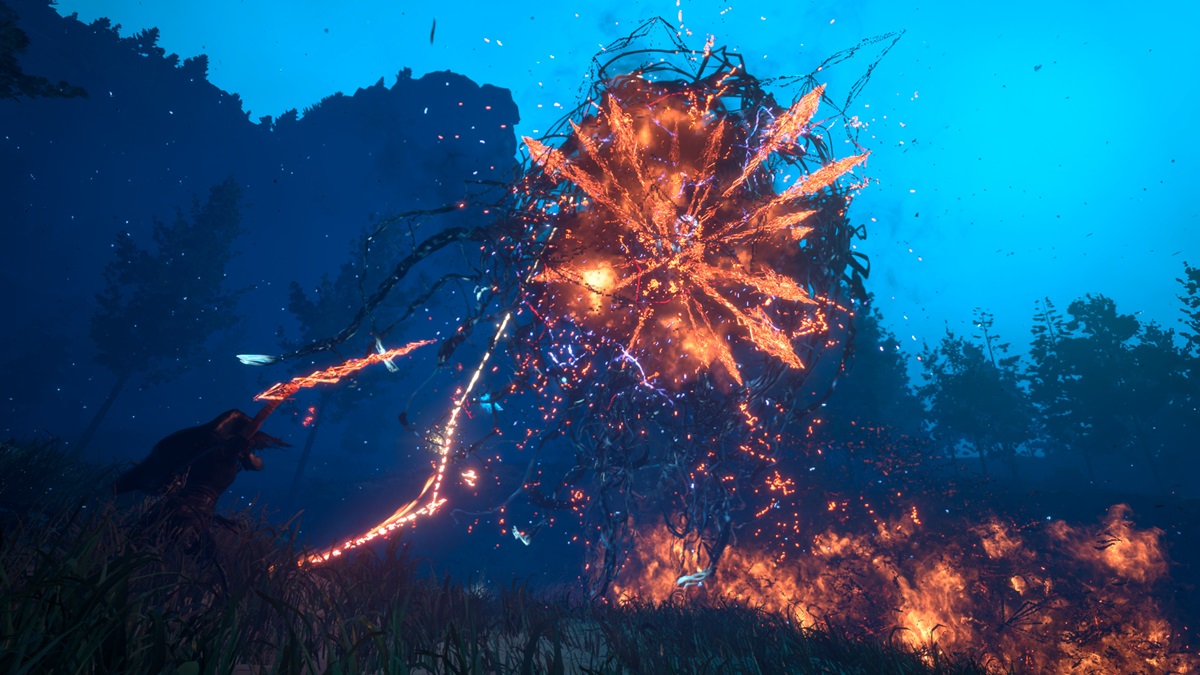

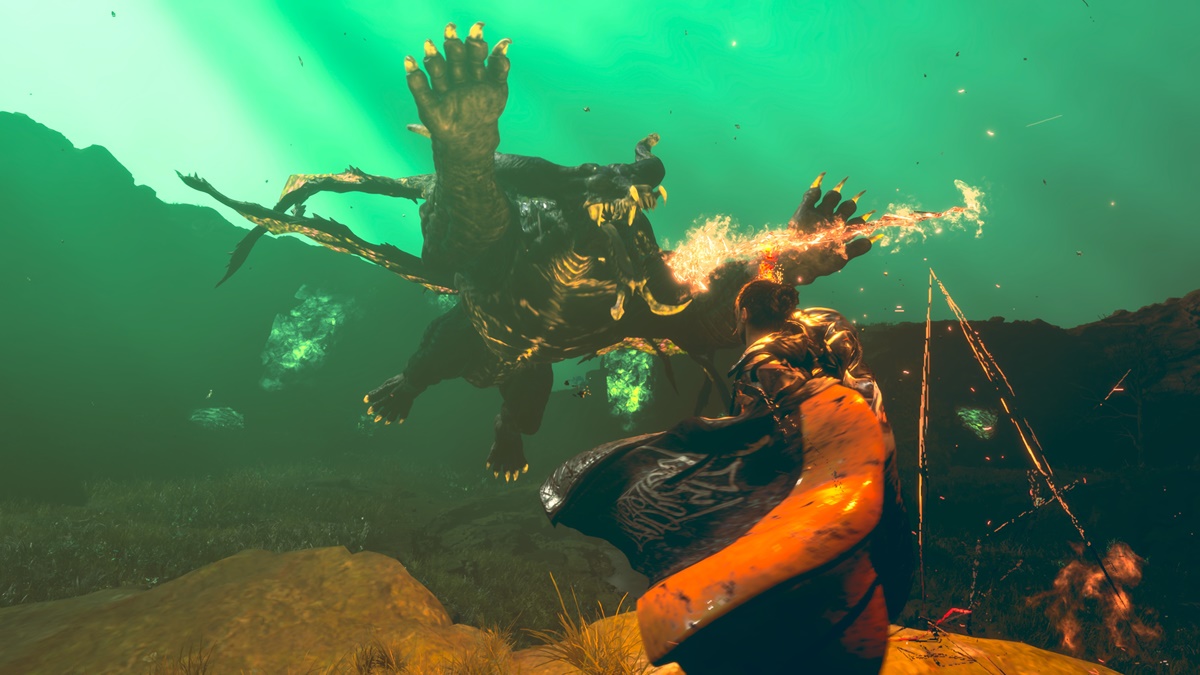





Published: Jan 31, 2023 12:00 pm